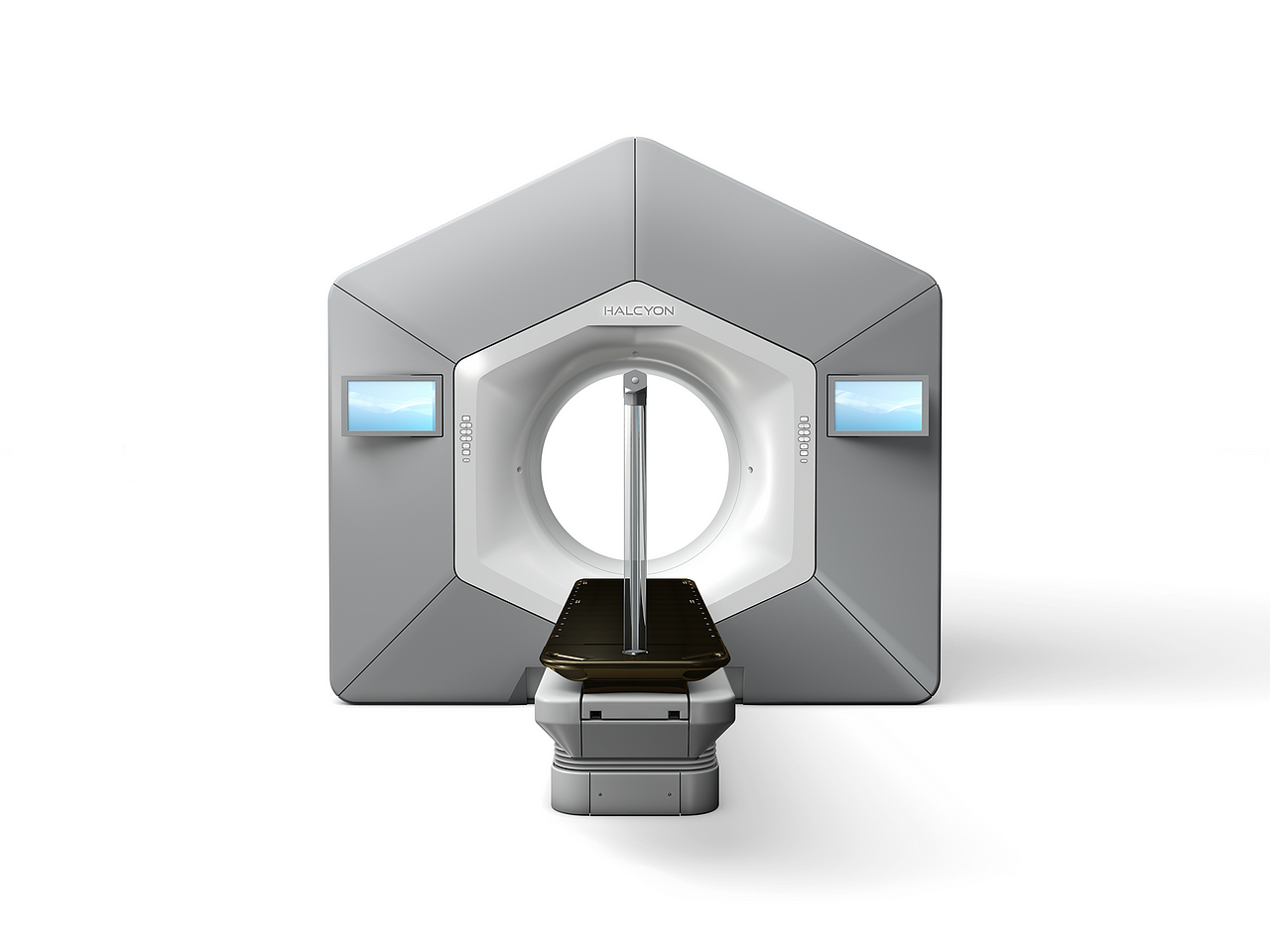Colorectal Cancer
Colorectal cancer starts in the colon or the rectum. These cancers can also be called colon cancer or rectal cancer, depending on where they start. Colon cancer and rectal cancer are often grouped together because they have many features in common. Cancer starts when cells begin to grow out of control.
Most colorectal cancers start as a growth on the inner lining of the colon or rectum. These growths are called polyps. Some types of polyps can change into cancer over time (usually many years), but not all polyps become cancer. The chance of a polyp turning into cancer depends on the type of polyp it is.
Cancer Care of North Florida will take careful steps stage and grade the tumor to assess the best way to create and manage your treatment plan. Our goal is to achieve the very best outcome while preserving your quality of life.
There are many types of colorectal cancer tumors which include:
- Adenocarcinomas (most common)
- Carcinoid tumors
- Gastrointestinal stromal tumors (GISTs)
- Lymphomas
- Sarcomas
The level of invasiveness is determined by diagnostic testing and imaging.
What are the risk factors for Colorectal Cancer?
It may be possible to avoid some risk factors for colorectal cancer, but some are out of your control. The best plan is to catch it early.
Lifestyle and hereditary factors include:
- Drinking alcohol
- Being overweight or obese
- Not being physically active
- Smoking
- Diets high in red meats and processed meats
- Low vitamin D levels
- Personal history of colorectal polyps
- Personal history of inflammatory bowel disease
- Inheriting certain gene changes (Lynch syndrome or familial adenomatous polyposis)
- Family history of colorectal cancer or adenomatous polyps
- Race and ethnicity
- Type 2 diabetes




